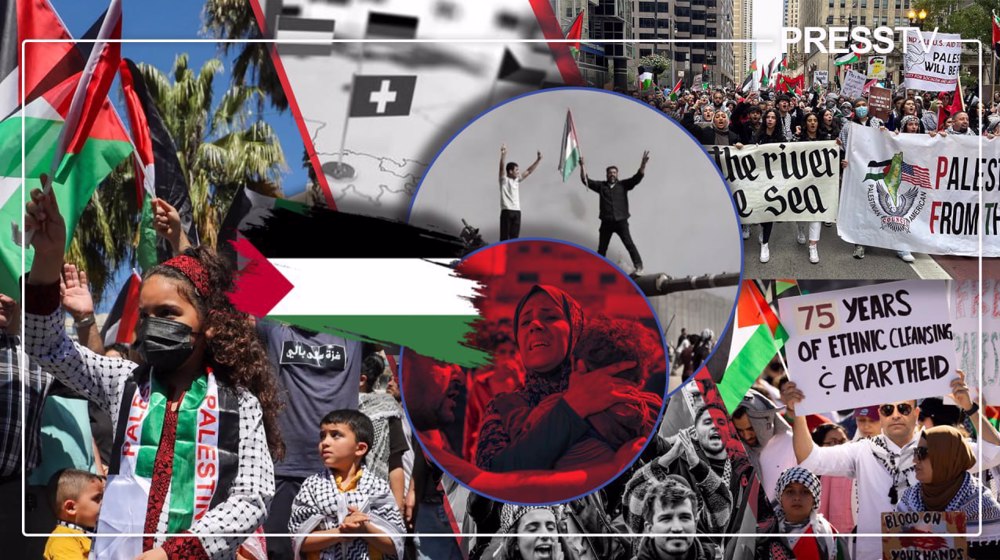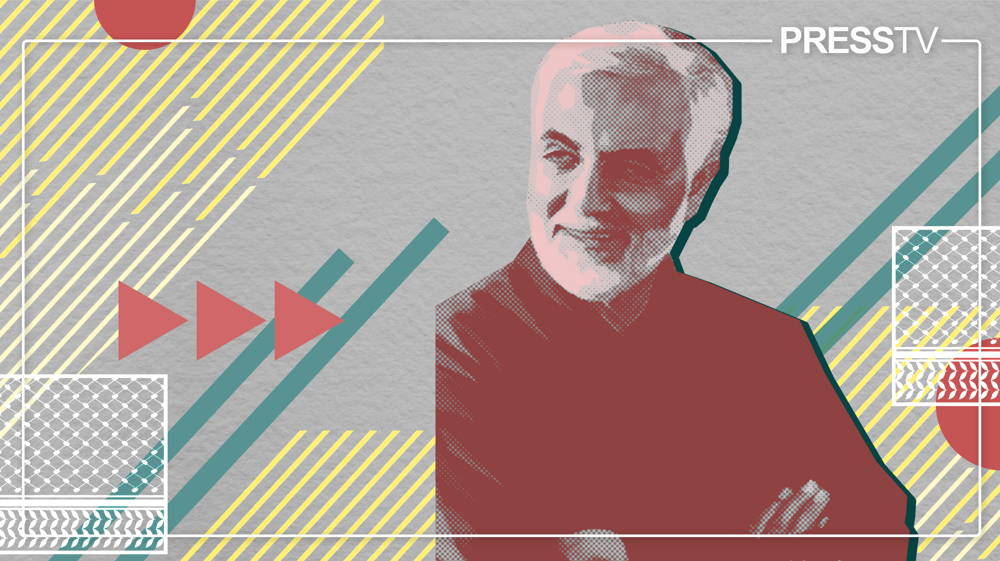New king, new times: What Salman's cabinet reshuffle means
With a new king on the throne, and new faces being introduced in the cabinet, there is nervousness within political circles over how these changing times and faces in Saudi Arabia are going to translate for the region.
Looking at the kingdom’s role and geo-strategic significance, it is understandable that regional and international allies have been hoping for a smooth transition and a policy of continuity. However, despite his assurances that he intends to continue with his predecessor’s policies, King Salman was quick to prove otherwise. His recent cabinet reshuffle is very telling when it comes to defining the path the kingdom is going to take in its regional engagement.
Salman bin Abdulaziz has ascended to the throne at a tumultuous time for the Middle East, a time when equations on the ground are rapidly changing, previously held assumptions are being challenged, and the old order is breaking down. And throughout this, Saudi Arabia has had all its fingers in the pie, putting it right in the thick of it.
Most Saudi allies, including the US, have gone out of their way to express their belief that the new Saudi king will be nothing less than the reformer they have hailed him to be. They continue to assure the world that Salman will prove to be a moderate, and will gradually open the kingdom to the world. One doesn’t need to look at the Saudi king’s recent decrees to understand exactly how moderate he is – or rather, isn’t.
Salman the moderate?
As king, Salman has appointed a hardliner Wahhabi cleric as his Minister of Islamic Affairs, and his appointment of controversial cleric Saad al-Shethri as his personal advisor are just some examples of how he is looking to reinforce the House of Saud’s ties with the Wahhabi clerical establishment. Salman has even worked with fanatical clerics like Aidh Abdullah al-Qarni, and Saleh al-Maghamsi, an avid supporter of the Taliban and spiritual guide to his sons.

It is no secret that Salman has been responsible for setting up organizations and channels that continue to funnel millions of Saudi petrodollars to bolster proxy Takfiri militant forces in different parts of the Muslim world, forces that Saudi Arabia has used as proxies in maintaining and spreading its influence. Through Salman’s efforts, thousands of young men are being radicalized and indoctrinated with the Wahhabi Takfiri ideology in different parts of the world, giving rise to a puppet force doing the Sauds’ bidding. Countries like Yemen, Pakistan, Libya, Afghanistan and Syria continue to grapple with Takfiri militancy, which has ensured that Saudi Arabia’s Wahhabi ideology continues to dominate and rival any other nation trying to expand its regional influence, and keep Saudi-friendly governments in power.
It will be interesting to note what Salman’s cozy relationship with radical Wahhabi clerics and his reliance on proxy forces will spell for the Saudi role in Syria. It was under then-defense minister Salman that Saudi Arabia joined the US-led coalition against the ISIL, readily offering its soil to be used as training ground for more militants to fight against President Assad. Undoubtedly, the appointment of his son, Mohammad, as the new defense minister is an indication of things to come.

Stifling dissent
Looking inwards, it is clear that the new King’s relationship with the hard-line Wahhabi clerics will mean that the kingdom will continue to rely upon their twisted edicts to curb the freedom of its own citizens. The appointment of his nephew, Mohammad bin Nayef, as deputy crown prince further consolidates the view that any form of dissent internally will be met with an iron first. It would seem that the new king is more interested in subjugation than in reformation.
Prince Mohammad bin Nayef and his late father, Prince Nayef bin Abdulaziz, are seen as responsible for brutally stifling pro-democracy voices, particularly in the Shia-majority, oil-rich Eastern Province. Protests by the marginalized Shia population there still continue, while the suppression is also rife. The people of the Eastern Province have taken inspiration from the Bahrainis just over the border as they rise up against their own dictators.
Saudi Arabia sent its forces into neighboring Bahrain to help quash the popular uprising in its backyard, which started in early 2011. But the move has only consolidated the bonds between the people of Saudi Arabia’s Eastern Province and Bahrain as they see themselves and their aspirations being repressed by same despots now. The choice of Prince Mohammad bin Nayef is a message to both the Saudis in the Eastern Province and the people of Bahrain that “order” shall be maintained at any cost, and opposition shall not be tolerated. It would seem the Saudi forces in Bahrain will not be leaving any time soon.
Sudairi comeback
On a whole, observers have been quick to notice that Salman’s new appointments seem to consolidate the Sudairi clan within the power structure. The Sudairi clan started with seven sons of late King Abdulaziz with his wife Hassa bint Ahmad al-Sudairi. The brothers formed a powerful alliance to dominate the political scene of the kingdom but over the years, especially during Abdullah’s time, the clan has seen its power and influence wane. But the appointment of a Sudairi deputy crown prince and his own sons in key positions go to show that the king is facilitating the clan’s come back to power.
Looking at how tribal affiliations have played a key role in internal politics within the House of Saud, it can be safely inferred that diverging interests and goals continue to compete for influence and domination. By putting the Sudairis in key positions like deputy prince, defense minister, deputy oil minister and the head of the royal court, Salman is grooming a new generation of Sudairi leaders to continue at the helm for many more years to come. This will surely increase tensions between the Sudairis and the rest, furthering the power struggle that has grown over the years between Abdulaziz’s sons and grandsons.
In with the new
Indeed, through the recent appointments, King Salman has made the much dreaded leap of formally bringing in the next generation to the forefront of Saudi politics and governance. With the family growing and Salman’s own generation of brothers slowly dying out, it was becoming even more imperative to bring in the new generation to the helm of leadership. King Salman’s choices were easy as he simply chose along tribal lines from a large pool of potential and willing candidates.
Will this mean successful continuity of the Al Saud’s leadership of the kingdom? Can the new generation of the House of Saud, particularly the Sudairi clan be up to the task of securing the kingdom and its regional interests? And can concentrating power into a single clan within the family stifle opposition from the other overlooked nephews of the king? Many will surely hope this is the case, but the answer will only come as the new power structure is put to the test. Till then, we’ll just have to watch this space.
KF/HJL
Gaza death toll 40% higher than recorded, Lancet study estimates
VIDEO | Lebanon elects new president
Scores killed as US, Turkish proxies clash in northern Syria
At least 5 dead as wildfires devour districts across Los Angeles
VIDEO | Press TV's news headlines
Houthi: Israel incapable of downing Yemen’s hypersonic missiles
Inquiry: UK soldiers executed Afghan boys 'younger than 16'
Palestinian dies due to medical negligence he faced in Israeli prisons










 This makes it easy to access the Press TV website
This makes it easy to access the Press TV website